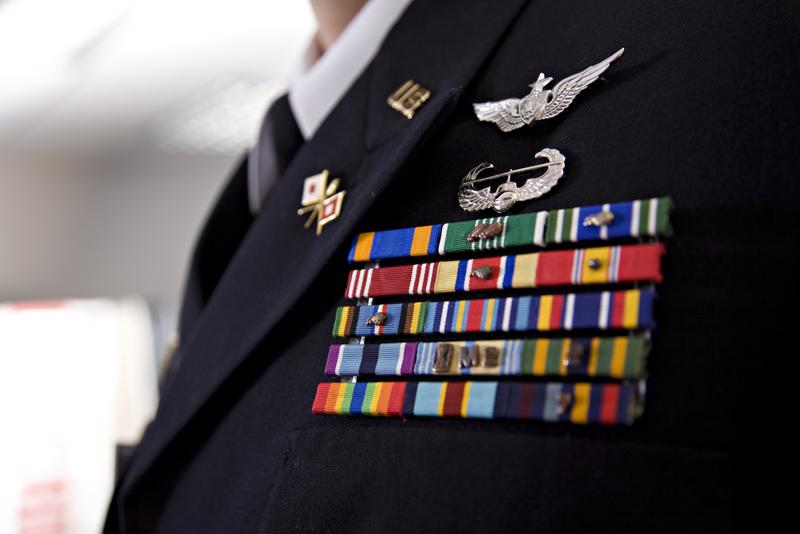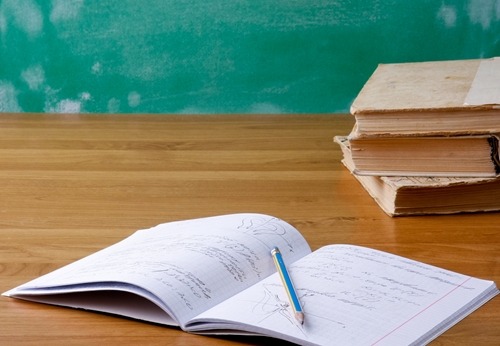Programs that encourage students to speak with veterans about their memories of serving are valuable in several ways. Not only do the students learn about preserving information and conducting interviews, but the former service members also get to pass on stories that might otherwise remain untold. Often, vets keep their memories to themselves, but these stories hold lessons that should be preserved. For this reason, it's heartening to hear that many schools are interested in using this information as an assignment. Below are two recent examples of this lesson plan in action, with the interview subjects coming from different generations.
Younger veterans describe their experiences
Auburn High School in Alabama arranges interviews between eleventh-grade students and local military personnel, according to Opelika-Auburn News. The school submits the collected information to the Library of Congress' Veterans History Project to ensure the stories endure for others to rediscover. In the past, Vietnam War veterans were the main subjects of the program, but this year, it is focused on individuals who served in the Gulf War and subsequent conflicts. The past 25 years have seen many important moments for military personnel and preserving memories from those who were there is a helpful service.
Teacher Blake Busbin explained to the news provider that students may gain much-needed perspective from speaking to the military members. He noted that today's high schoolers have grown up in a time when American soldiers have been constantly involved in wars. Learning about their own era from the men and women who have seen it from the front lines of conflict may prove valuable. The high school is coordinating with Auburn University's veterans organizations to secure interview subjects from the college community.

Voices from World War II
Meanwhile, Wisconsin news service Lake Country Now reported that Pewaukee High School students are speaking with veterans from a different historical era. Seven retired military members signed up to tell their stories, and more than half served in World War II. Like the Alabama interviews, the conversations will be submitted to the Library of Congress for archiving. Students prepared questions ahead of time and spoke with the vets during the summer break, with each session lasting more than half an hour.
The high schoolers received valuable experience from these interviews, with the personal stories of the subjects going beyond the overview of historical conflicts delivered by textbooks. Liana Jackson, a rising high school senior, told Lake Country Now that speaking with an individual who has experienced war is "more special" than learning about that conflict in a classroom setting.
Preserving memories, establishing bonds
By getting high school students involved in preserving veterans' stories and memories, these archival projects deliver value in several different ways. Keeping personalized narratives of the country's wartime history can help future generations learn, and the pupils conducting the interviews gain a new perspective to go along with their honed fact-gathering abilities. The effort to ensure vets' stories aren't forgotten is a helpful one wherever it goes, and its role as a program in schools adds a new twist to the formula.

